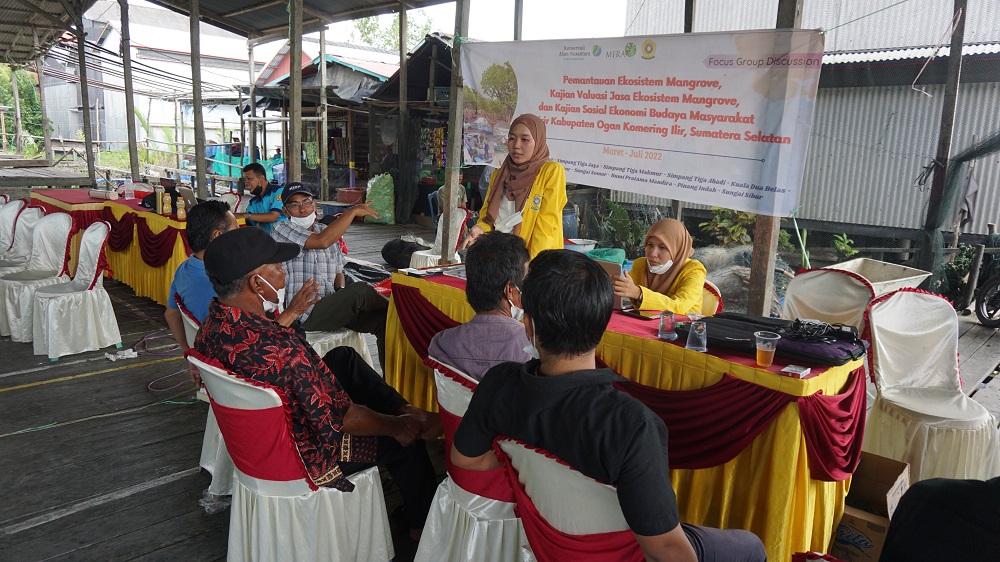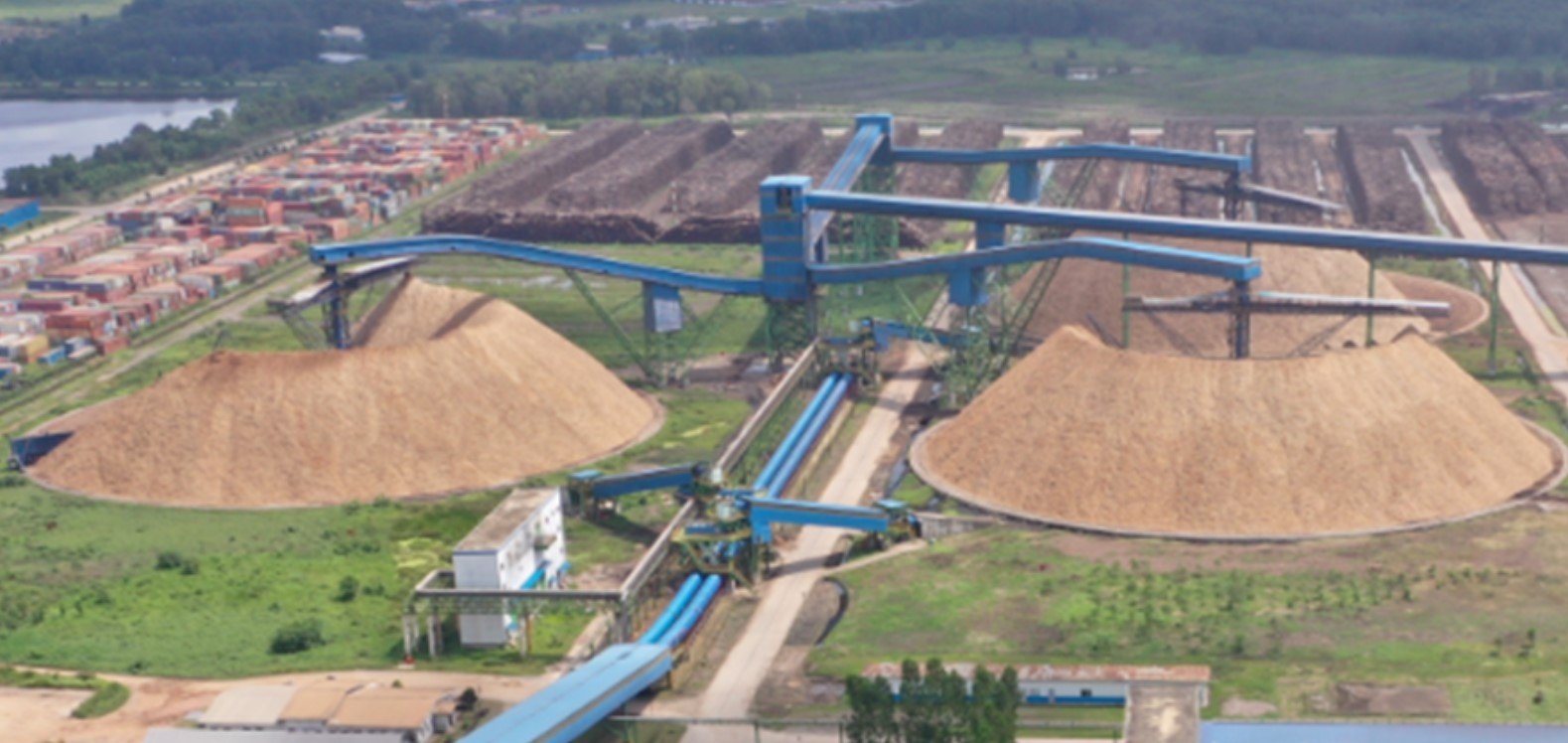
Indonesia is the world’s largest archipelago with more than 80,000 km of coastline. This makes it vulnerable to climate change but being home to more than a fifth of the world's mangrove forests, it possesses a natural defense against high tidal waters. Therefore, mangroves and coastline protection are vitally important to this country of more than 270 million people.
Ogan Komering Ilir (OKI) regency, with 768,501 hectares of peatland area, has more than half of South Sumatra’s peatlands. On top of that, over 32,000 hectares of mangrove forests dot the coastal area. The peatlands and mangroves in OKI are close to each other, making the site a unique representative of hydrologically connected peatland and mangrove ecosystems.
Apart from playing an important role in sustaining the life of marine aquatic organisms that can be utilized by traditional fishermen, mangrove forests also have the potential to support national climate change mitigation strategies. Each hectare of mangrove forest contains 3-5 times more carbon stock than that of lowland forest, and the total carbon stock stored in Indonesia's mangrove forests is estimated at over 3 billion tonnes.
As part of its Sustainability Roadmap Vision and Forest Conservation Policy, Asia Pulp and Paper (APP) is doing its part to support the Indonesian government’s efforts to rehabilitate, protect and conserve mangrove forests. Since OKI mill is located in close proximity with coastal areas, the company is committed to a program to develop an integrated coastal management for Simpang Tiga Abadi Village in the South Sumatran regency, together with the provincial government as well as Singapore-based Temasek Foundation and UBS Foundation. The project is slated to run from September 2021 to October 2024.
The program covers mangrove and coastal governance at the regency level covering institutions, policy, and planning, village-level restoration and protection actions, developing plans to improve and promote sustainable livelihoods of villagers in the pilot sites, and increasing public understanding of integrated coastal and marine resource management.
The Mangrove Ecosystem Restoration Alliance (MERA) program on the OKI coast was initiated Yayasan Konservasi Alam Nusantara in response to degradation of mangroves in protected forests due to the overdevelopment of shrimp ponds and forest clearing. While both are one of the main livelihoods of local people, the local government does not yet have an integrated coastal management plan and policies in place to manage the problem. This makes it difficult for village community businesses to be supported, either by the government, the private sector, or NGOs.
Therefore, this program seeks to help local governments prevent future degradation of mangrove forests, and accommodate the interests of local communities so that their pond activities are legal, and help them maximize the production of ponds with the techniques introduced by MERA, so that they do not have to deforest mangrove forests. The steps taken by the MERA run in parallel at provincial, regency and village levels.
Through a series of research, MERA will assist provincial and regency governments to develop integrated governance plans as recommendations for spatial planning and also coastal & small islands zoning. This effort is expected to produce a model for the development of mangrove restoration that can be used to improve the community's economy.
It is hoped that the local government will be able to bring over 32,000 ha of regulated mangroves, as well as 494,680 ha of marine areas on the OKI coast as part of the integrated coastal management planning. To achieve this, MERA will establish a multi-stakeholder Forum for Mangrove Ecosystem Restoration Management in South Sumatra Province to oversee the process.
Meanwhile, for local communities, the initial step taken by MERA is to work with the village government to develop a village mid-term plan to synchronize MERA efforts at the provincial and regency levels. On the other hand, strengthening village-owned enterprises and ponds will also be a major concern. After the policy of protected forest management (social forestry scheme) is published, MERA will apply effective and efficient pond cultivation methods for them. If the production in the same ponds increase significantly, then they don’t need to open new ponds in mangrove areas.
The program has shown that the key to successful mangrove restoration is collaborative action supported by good planning, and APP is committed to protecting nature and ensuring the sustainability of its resources. The company’s collaboration with related institutions will be even stronger in the future so it can contribute more to climate change mitigation by maintaining carbon stocks in the mangrove ecosystem.

